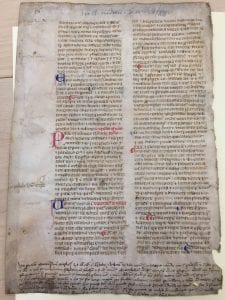
Kate, Jacinta and Suad explore the archives at the IOE
We were honoured to play host to three young visitors this month, who spent some time learning about what it means to work at UCL’s Special Collections, Archives and Records department and at the UCL Institute of Education’s Library.
Jacinta (15), Suad (17) and Kate (17) came to us from schools in Southwark, Yorkshire and Camden respectively, and they brought with them a range of skills, interests and aspirations that made them real assets to our team during their time with us.
Their timetables included assisting at the Library Services staff conference, helping deliver an adult learners outreach workshop Camden, assisting Francesca Ezzelino at the IOE with checking a substantial number of DERA records and helping to move part of the IOE’s Official Publications collection so that some sections have room to grow.
They also wrote a blog post, each focussing on a chosen aspect of their placement, which you can find below.
Thank you to all the staff members who spent time with Jacinta, Suad and Kate – it was of real benefit to them to learn about your roles.
Jacinta: My First Days at UCL
On my 4th day at UCL Special Collections, Archives and Records I helped at the same session of a conference twice, in the morning from 10:45 until lunch time. I really enjoyed it at the end because lots of jokes were being made which made it funny to watch as well as listen to, and I ended up having to contain my manic laugh so I didn’t frighten the audience.
After lunch I went to a Japanese block printing session with my supervisor Vicky Price. I got engaged in it eventually and it was pretty fun until I cut my finger (unintentionally) with my Stanley knife (oops)…

The Great Wave Off Kanagawa by Hokusai
This fortnight was overall really interesting for me to experience what it’s really like in a workplace, and to learn the ways of the library and how to treat the special collections and archives. I found it fascinating to learn about people in the past and read their journals and diaries in the reading room, also finding out what it was like for people (mostly women) to cope in that day and age. It was quite enraging to look at all the rules that women had to follow and the misogyny and allegations that they had to deal with and face.
Suad: Worthy work experience
Work experience is a crucial part of a student’s life as it provides both experience into the working field and fun, depending on where you are placed. I cleverly chose to work with UCL Special Collections, Archives and Records, Library Services.
One of our activities consisted of helping Vicky to investigate further into the women’s position during and post-war. I may say that it was mind-blowing! Witnessing how letters were written to one another using typewriters and the multiple mistakes that were made, made me realise how lucky we are to now have a decent keyboard. I say decent but I really mean spectacular! It’s amazing how there is a huge difference from when you’re told about history and important figures as to when you have items written by a witness. It really is eye opening and in my opinion, this the best way a student can widen their understanding.
I took part in a library exploration where I had to locate 12 books across two libraries. At first it was confusing as you had many codes to look at and different floors or different areas to go to, but as the time went on I got the hang of it. I managed to locate 10/12 which was pretty impressive.

The Main Library
To sum my experience here at UCL Libraries, I can definitely say that it was an absorbing, thrilling and worthy work experience that any student should take upon.
Kate: Inspecting Archives of the NUWT
Throughout my A-level career, I would like to believe I have learned a substantial amount about women’s fight for equal rights. However, my eyes weren’t truly opened until I had the opportunity to peruse a collection from the Institute of Education’s archives. The most important thing I learned was that the battle for equality didn’t stop at gaining the vote.
I stumbled upon letters concerning the struggle of women being ignored and ridiculed in the Commons, including a complaint of politician, Sir William Lane Mitchell, that women gave teachers a bad name due to their rallying for more rights! (I, too, was appalled). However, the collection was not all struggle and strife. I had the fortune to come across a heartening advertisement for all women teachers to come along to the Commons and lobby (and to have a ‘good tea’ beforehand), encouraging women to get their voices heard.
When thinking of the First World War, people seem to immediately think of men fighting on the front line, without taking into consideration the role women played in the effort. This included resuming the job vacancies left behind, working in factories and hospitals for the wounded or even baking cakes for those on the front line!
Rifling through these archives gave me a deeper awareness of the often overlooked, yet extremely vital role women have played in history, and gave me a deeper appreciation of the struggle they have gone through and continue to go through for equality.
 Close
Close








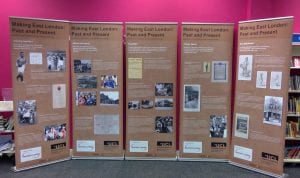
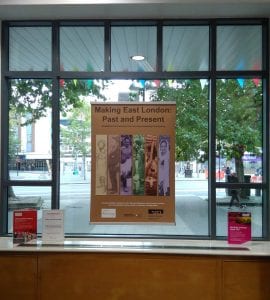


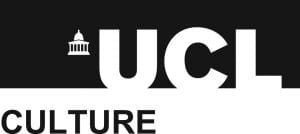





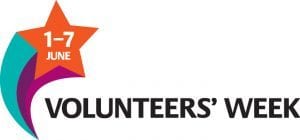
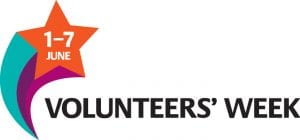

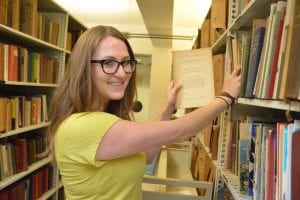 Ralph Waldo Emerson once wrote: “If we encountered a man of rare intellect, we should ask him what books he read.” At UCL Institute of Education (IOE) Special Collections and Archives we are building a picture of Joseph A. Lauwerys and his life by listing all of the reading material in his personal library. I am one of two volunteers sifting through 28 double-stacked shelves full of books, academic journals, newsletters, meeting proceedings and more collected by Lauwerys, a Belgian-born scientist who became a leader in comparative education studies instrumental in the establishment of the (IOE) and the United Nations Educational, Scientific and Cultural Organization (UNESCO).
Ralph Waldo Emerson once wrote: “If we encountered a man of rare intellect, we should ask him what books he read.” At UCL Institute of Education (IOE) Special Collections and Archives we are building a picture of Joseph A. Lauwerys and his life by listing all of the reading material in his personal library. I am one of two volunteers sifting through 28 double-stacked shelves full of books, academic journals, newsletters, meeting proceedings and more collected by Lauwerys, a Belgian-born scientist who became a leader in comparative education studies instrumental in the establishment of the (IOE) and the United Nations Educational, Scientific and Cultural Organization (UNESCO).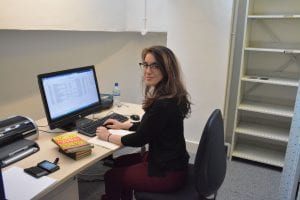 I am Teodora, one of the volunteers listing all of the reading material in Joseph A. Lauwerys’ personal library. I cannot tell which reason influenced me to work with the IOE’s Special Collections and Archives more: my studies in Art History and Material Studies which, by default, bring me closed to any piece of heritage and culture, or my passion for volunteering, which constantly challenges me to step beyond my comfort zone. But I know for sure that the mixture between these two reasons always manages to get me closer to who I want to be.
I am Teodora, one of the volunteers listing all of the reading material in Joseph A. Lauwerys’ personal library. I cannot tell which reason influenced me to work with the IOE’s Special Collections and Archives more: my studies in Art History and Material Studies which, by default, bring me closed to any piece of heritage and culture, or my passion for volunteering, which constantly challenges me to step beyond my comfort zone. But I know for sure that the mixture between these two reasons always manages to get me closer to who I want to be.![Webster, The people’s dictionary of the English language (London, [1869?])](https://blogs.ucl.ac.uk/special-collections/files/2017/06/Chris-Fripp-image-267x300.png)
